Calcium Channel Blockers And Kidney Disease
Calcium channel blockers and kidney disease. The treatment for hypertension is particularly challenging in people undergoing dialysis. Although end-stage renal disease ESRD currently affects only a small percentage. However there is no conclusive evidence that calcium channel blockers are injurious to the kidney and they may be particularly beneficial in post-renal transplant patients.
Results of clinical studies demonstrate that the level of proteinuria and sympathetic activation contribute to the progression of CKD to ESRD. While calcium channel blockers CCBs are prescribed widely to patients with end-stage renal disease ESRD for the treatment of hypertension the long-term outcomes associated with the use of these medications are not known. Calcium channel blocker is a medication that relaxes and widen blood vessels by affecting the muscle cells in the arterial walls or sometimes slows patients heart rate.
Table 2 contains base-line characteristics of the whole group and of CCBs and non-CCBs subgroups. Calcium channel blockers CCBs are used to manage hypertension which is highly prevalent among people with chronic kidney disease CKD. Calcium channel or entry blockers CEBs exert important vascular and tubular effects on the kidney.
There are sufficient clinical data to demonstrate that the dihydropyridine calcium channel blocker DHP CCB class of. Potential risks of calcium channel blockers in chronic kidney disease Antihypertensive therapy remains the most effective strategy for slowing the progression of chronic kidney disease CKD. Antihypertensive therapy remains the most effective strategy for slowing the progression of chronic kidney disease CKD.
The practice algorithm from the National Kidney Foundation NKF based on the year 2000 guidelines is presented in Figure 1 which proposes that calcium channel block- ers CCBs be used as second-line agents in combina- 39 Clinical Cornerstone TREATMENT OF HYPERTENSION AND CARDIOVASCULAR DISEASE Vol. Effects of the NL-type calcium channel blocker cilnidipine on nephropathy and uric acid metabolism in hypertensive patients with chronic kidney disease J-CIRCLE study. These renal effects include an enhancement of glomerular filtration rate GFR renal blood flow RBF and electrolyte excretion.
The data suggest that agents that block the renin-angiotensin system are superior to calcium channel blockers in protecting against progressive kidney disease. Although calcium-channel blockers CCBs are effective antihypertensive agents the available experimental and clinical data are quite contradictory as to whether BP reduction achieved with CCBs provides the expected renoprotection. Experimental studies in animals and humans indicate the potential therapeutic use of CEBs in several important.
Calcium channel blockers and the kidney. 4 KEY POINT Patients with CKD have a likelihood of.
Results of clinical studies demonstrate that the level of proteinuria and sympathetic activation contribute to the progression of CKD to ESRD.
The primary diagnoses in the majority of ESRD patients are diabetes and hypertension. The treatment for hypertension is particularly challenging in people undergoing dialysis. While calcium channel blockers CCBs are prescribed widely to patients with end-stage renal disease ESRD for the treatment of hypertension the long-term outcomes associated with the use of these medications are not known. Potential risks of calcium channel blockers in chronic kidney disease Antihypertensive therapy remains the most effective strategy for slowing the progression of chronic kidney disease CKD. Lower high blood pressure Ease chest pain and migraines. Generally patients with kidney disease as well as kidney cyst can get the following benefits from this drug. Results of clinical studies demonstrate that the level of proteinuria and sympathetic activation contribute to the progression of CKD to ESRD. The primary diagnoses in the majority of ESRD patients are diabetes and hypertension. We sought to determine the association between CCB use and mortality among a cohort of ESRD patients.
Calcium channel blocker is a medication that relaxes and widen blood vessels by affecting the muscle cells in the arterial walls or sometimes slows patients heart rate. Calcium channel or entry blockers CEBs exert important vascular and tubular effects on the kidney. Effects of the NL-type calcium channel blocker cilnidipine on nephropathy and uric acid metabolism in hypertensive patients with chronic kidney disease J-CIRCLE study. Although blood pressure control is considered the main mechanism for preventing the progression of chronic kidney disease CKD angiotensin-converting enzyme inhibitors and angiotensin receptors blockers have an additional organ-protective role. 4 KEY POINT Patients with CKD have a likelihood of. However there is no conclusive evidence that calcium channel blockers are injurious to the kidney and they may be particularly beneficial in post-renal transplant patients. Calcium Channels Blockers and Kidney Disease 1005 included in the study.
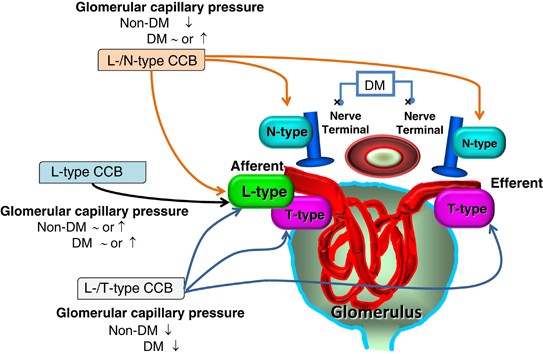

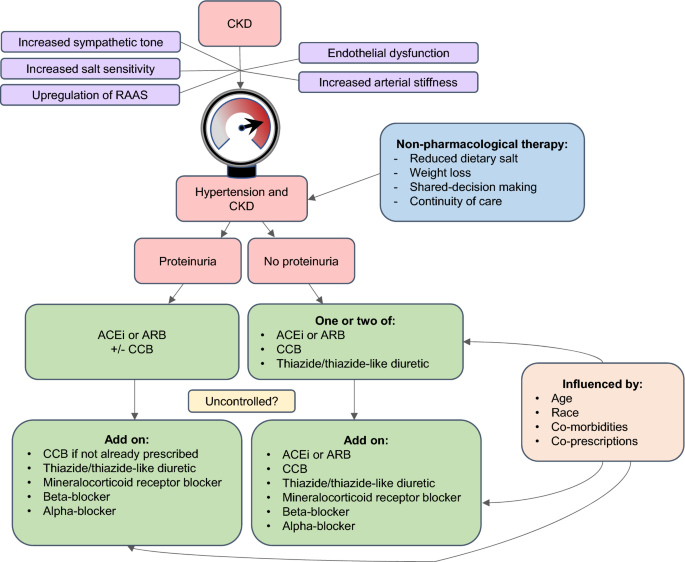

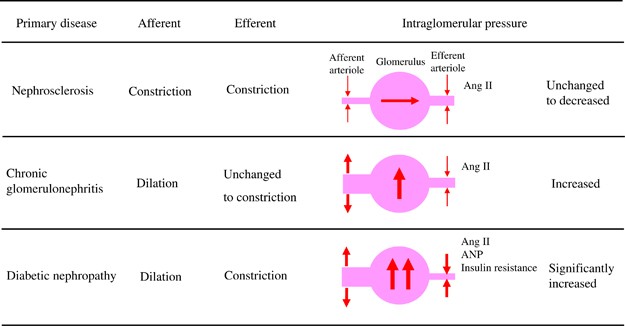

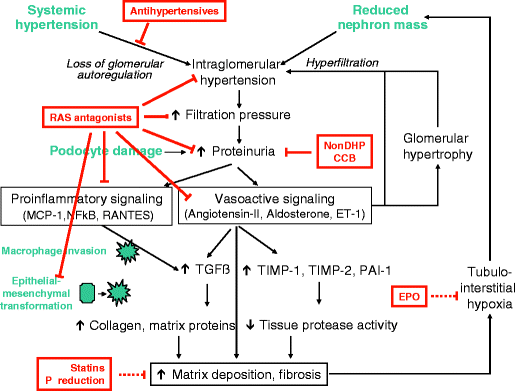






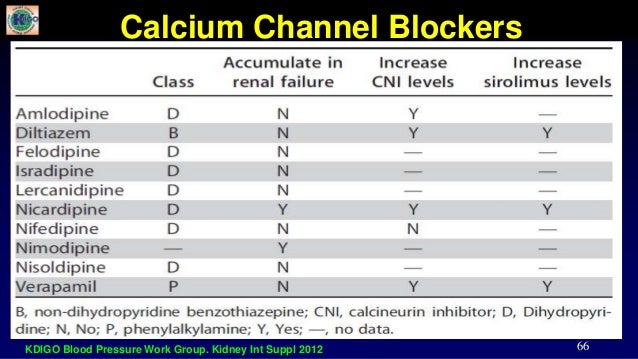

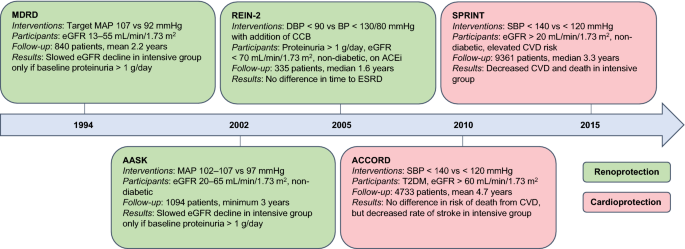








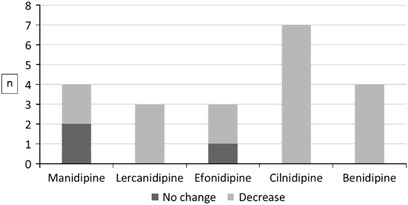



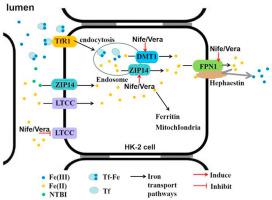




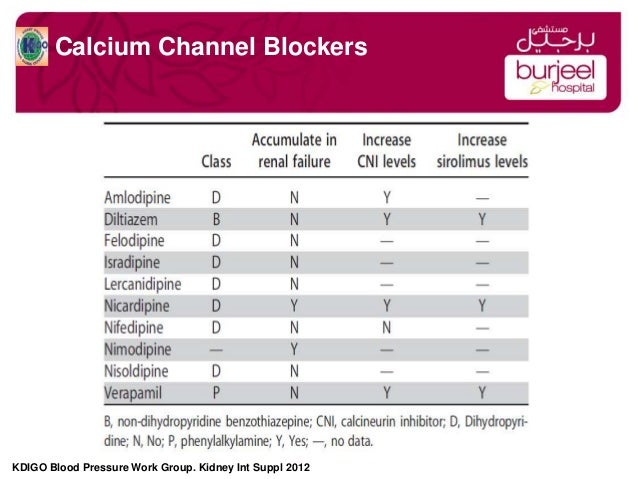



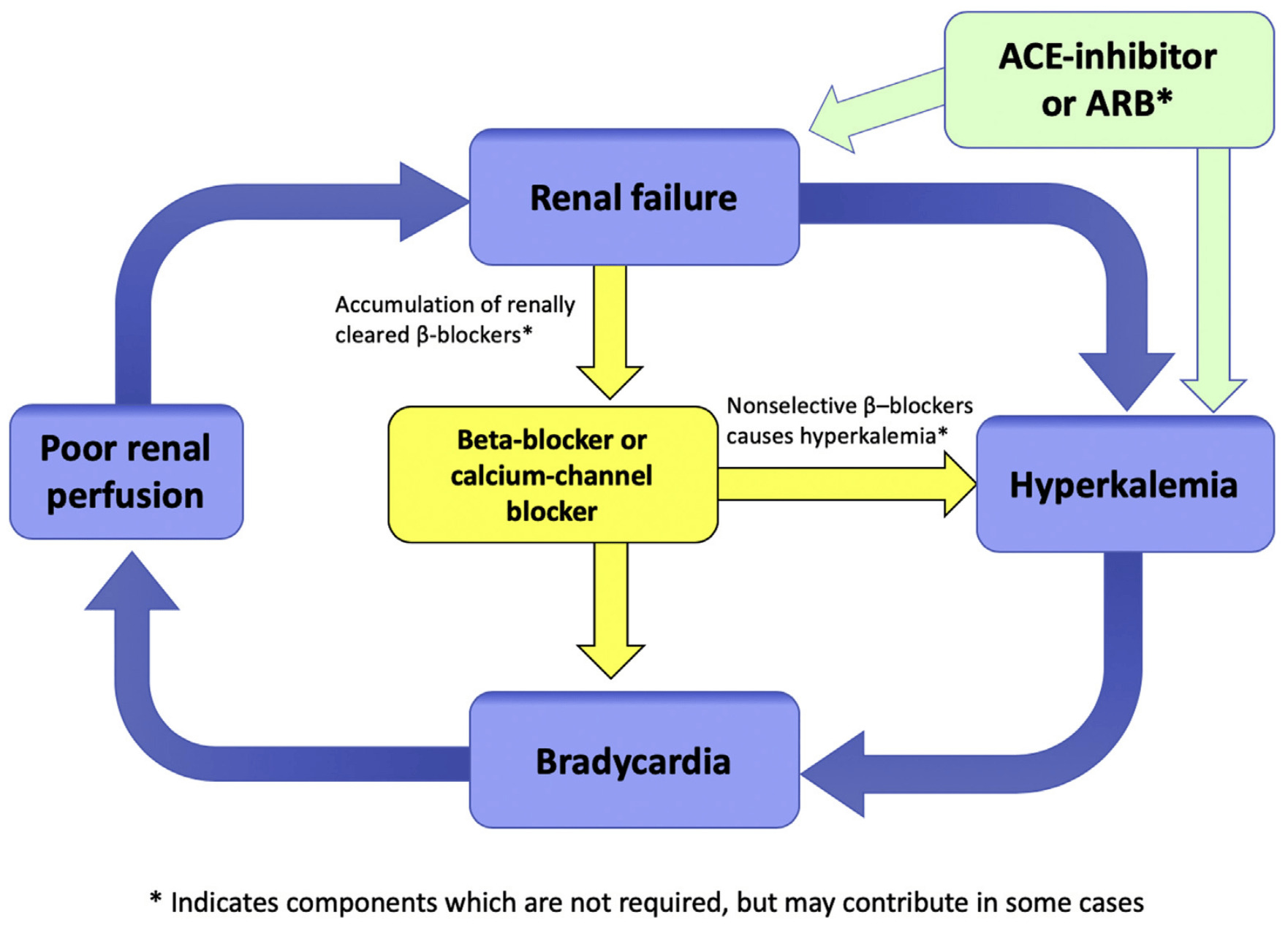



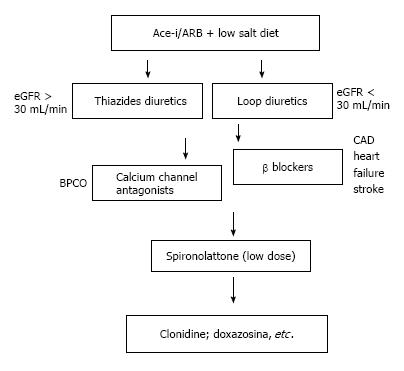
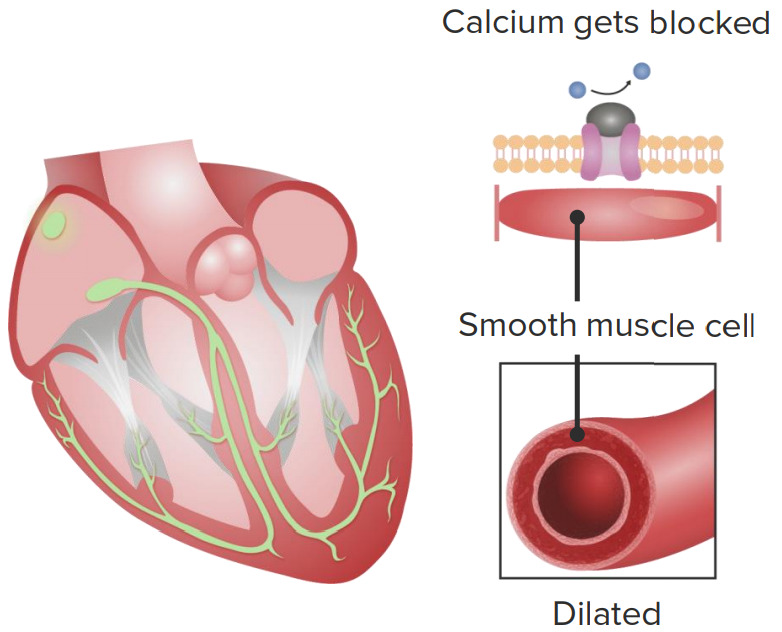
Posting Komentar untuk "Calcium Channel Blockers And Kidney Disease"